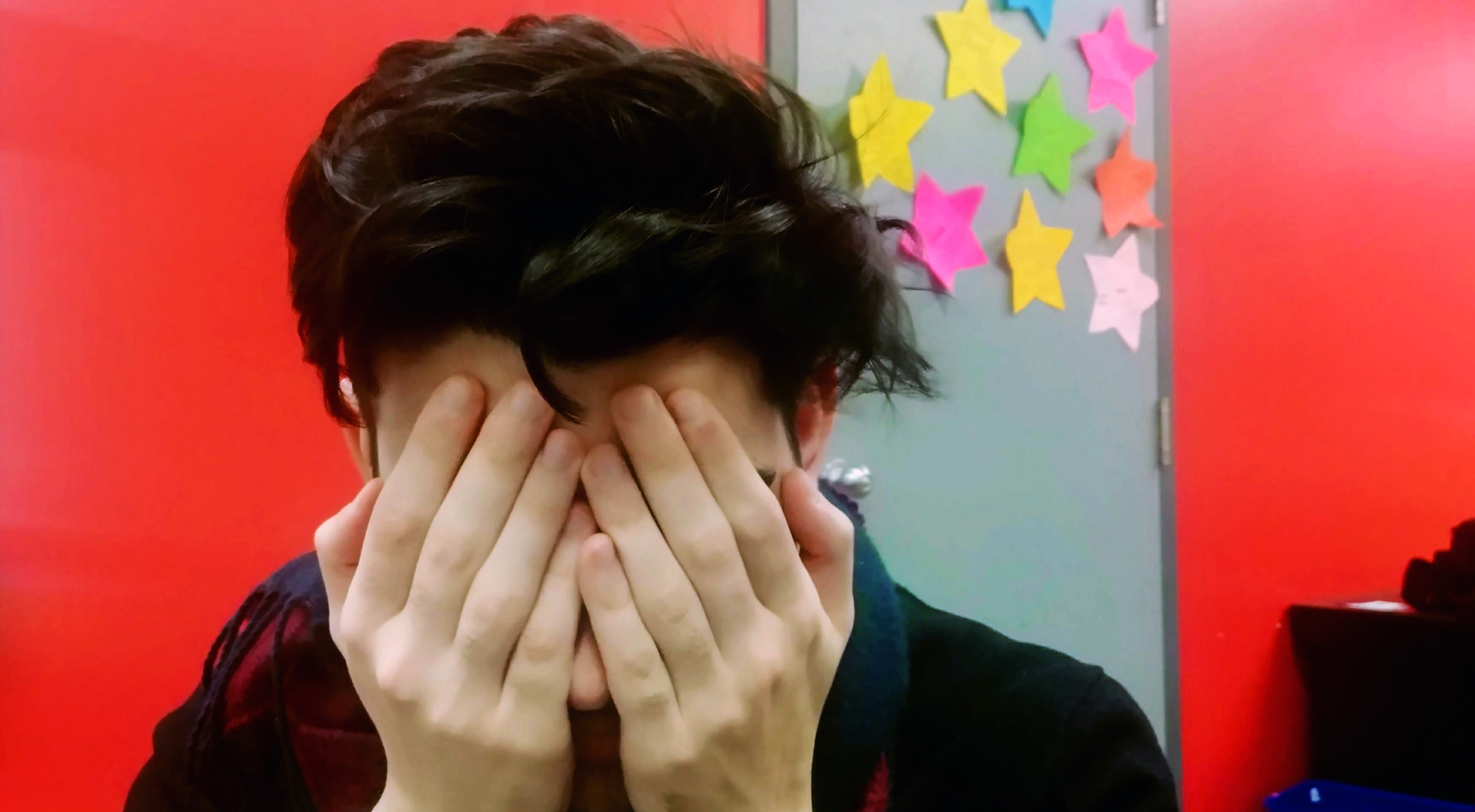Shamarke Ali | Contributor
Featured image: Tired, unmotivated, and sleep deprived. | Basma Elbahnasawy
It’s midday during winter, and you find you’re nearly falling asleep in the thick of your tasks. The human circadian rhythm (its internal clock) tells you when to sleep, wake up, and have your meals over a 24-hour period.
Usually, the strongest urge to sleep comes at night. Another urge—though not as strong—starts to creep up at a point during the day. Do you feel a yawn just thinking about it?
It is a common experience, but when it becomes chronic, it is known as Excessive Daytime Sleepiness (EDS). EDS is characterized by persistent sleepiness and a general lack of energy during the day, even after a sufficient night’s rest. For many, caffeine and fast carbohydrates are turned to as a means of overcoming this feeling. While those are effective to a degree, they come with later drawbacks, such as restlessness.
There are preventative measures that can be taken to overcome this slump, and to prevent falling into a cycle of using stimulants.
Aromatherapy, or the use of essential oils, are becoming more common and popular for their mood-enhancing qualities and health benefits.
“Being around a pleasantly strong smell puts me in a great mood to be productive,” says Hassan Omar, a third-year Kinesiology and Health Science student.
An essential oil is a concentrated liquid containing evaporative aromatic compounds from plants. Using these for aromatherapy can not only relieve daytime sleepiness, but reduce headaches, stress, and boost memory. Some of the best essential oils for the purpose of alertness are peppermint, grapefruit, basil, and rosemary.
For essential oils, a few drops from the bottle can be applied on a cloth and placed nearby. They can also be added into a room diffuser, and for smaller rooms, a reed diffuser works as well.
Another suggestion is to take a walk and get exposed to sunlight. When indoors for extended hours, the skin gets less natural light exposure. Day time sleepiness could also be a result of poor blood circulation from being stationary or inside for too long.
A brisk walk facilitates blood flow, and heading outside to get natural sunlight can provide Vitamin D, which can raise serotonin levels.
“Serotonin helps improve energy, as well as your mood, social behavior, appetite, and digestion,” says Chris Tang, a fourth-year Psychology student. As little as 15 minutes in the sun can also help to ensure consistent sleep at night.
Human connection can also help remedy the midday slump. In Africa, there is a term, ubuntu, which describes human essence as coming from the humanity we show towards one another. It is a perspective which sees humanity as a familial web, rather than a mass of individuals.
When you start to relate to those around you in this way, you’ll feel more connected, energized, and have an enhanced feeling of wholeness.
Even the simplest of interactions can help you invigorate yourself, and keeping a social circle with prosperous levels of energy can help us power through our day.


